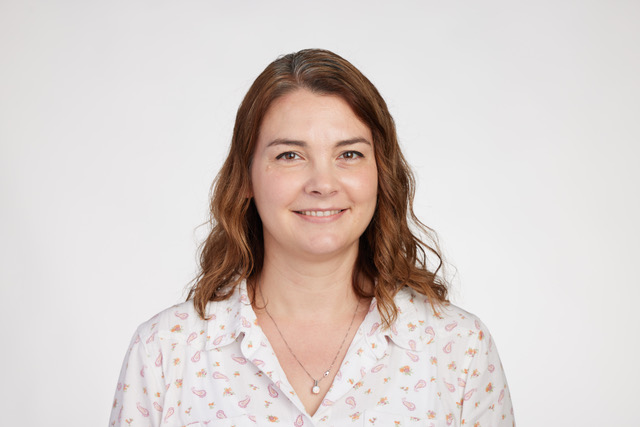Open gallery

Twenty-first century Southwestern graduates are crushing trends in medicine. One example is Dr. Jessica Ables, Class of 2003. She is a physician scientist at the Icahn School of Medicine at Mount Sinai in the departments of Psychiatry and Neuroscience. She has spent her life researching and treating biologic triggers for mental illness such as drugs and diabetes; in fact, her “lab studies mechanisms of drug abuse and the impacts of diabetes on reward processing.”
The way she found her life’s work is unexpected as she explains:
“My time at Southwestern University was critically important to my current success. While at SU I was first introduced to academic research by my chemistry professor, Dr. Kerry Bruns. I also had my first experience with significant mental illness when a close friend attempted suicide. These experiences prompted me to apply to MD/PhD programs to address the biological basis of serious mental illness in order to bring new and more effective treatments to patients.
“I started as a medical student at UT Southwestern in 2003, where I completed my first two years of medical school and my PhD. My thesis examined the genetics regulating adult neurogenesis. In 2009, I transferred to Mount Sinai School of Medicine to finish my MD, following my husband’s appointment as faculty at Mount Sinai.
“After graduating in 2011, I went to Rockefeller University where I studied the molecular basis of nicotine addiction and withdrawal. During my postdoctoral training, I had my first child and was diagnosed with adult-onset Type 1 diabetes which was previously misdiagnosed as depression. This experience also allowed me to understand the importance of direct patient interaction and incorporation of whole-body biology for meaningful advancement in psychiatric research.
“I then returned to Mount Sinai for a research track residency program in Psychiatry in 2015. During residency, I continued my research in nicotine addiction, began to do clinical research, and had my second child. After completing residency in 2019, I was appointed to faculty, established my own lab, and continue both basic and clinical research.”
Once again, Southwestern alumni are making important medical contributions while balancing life outside their paid careers.














